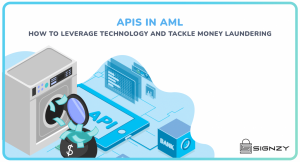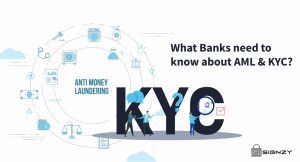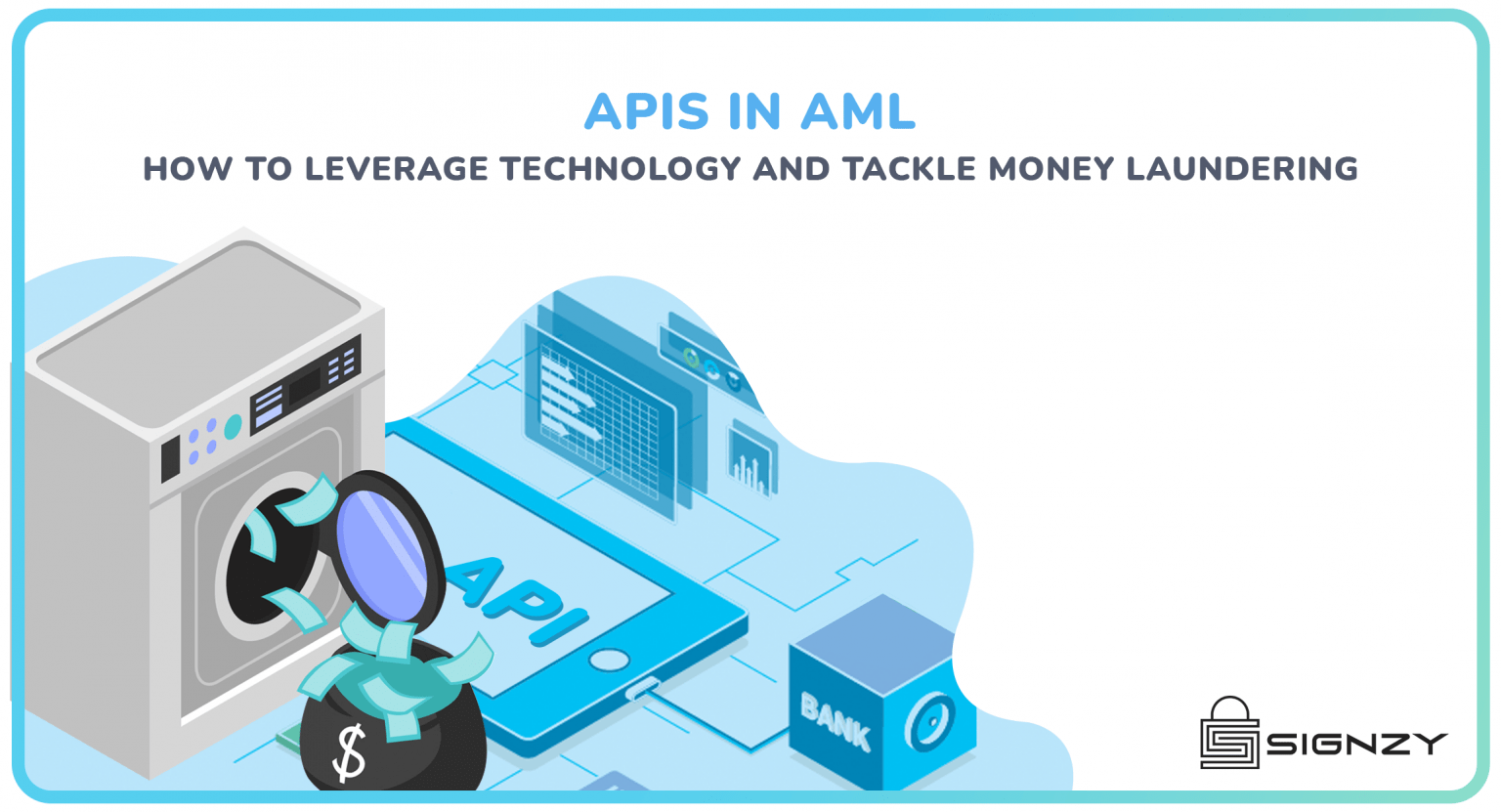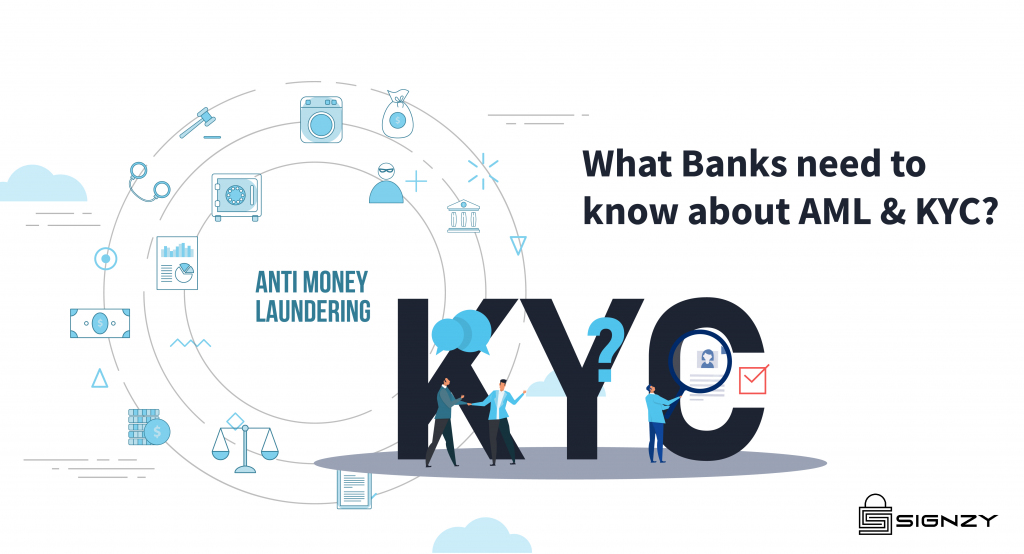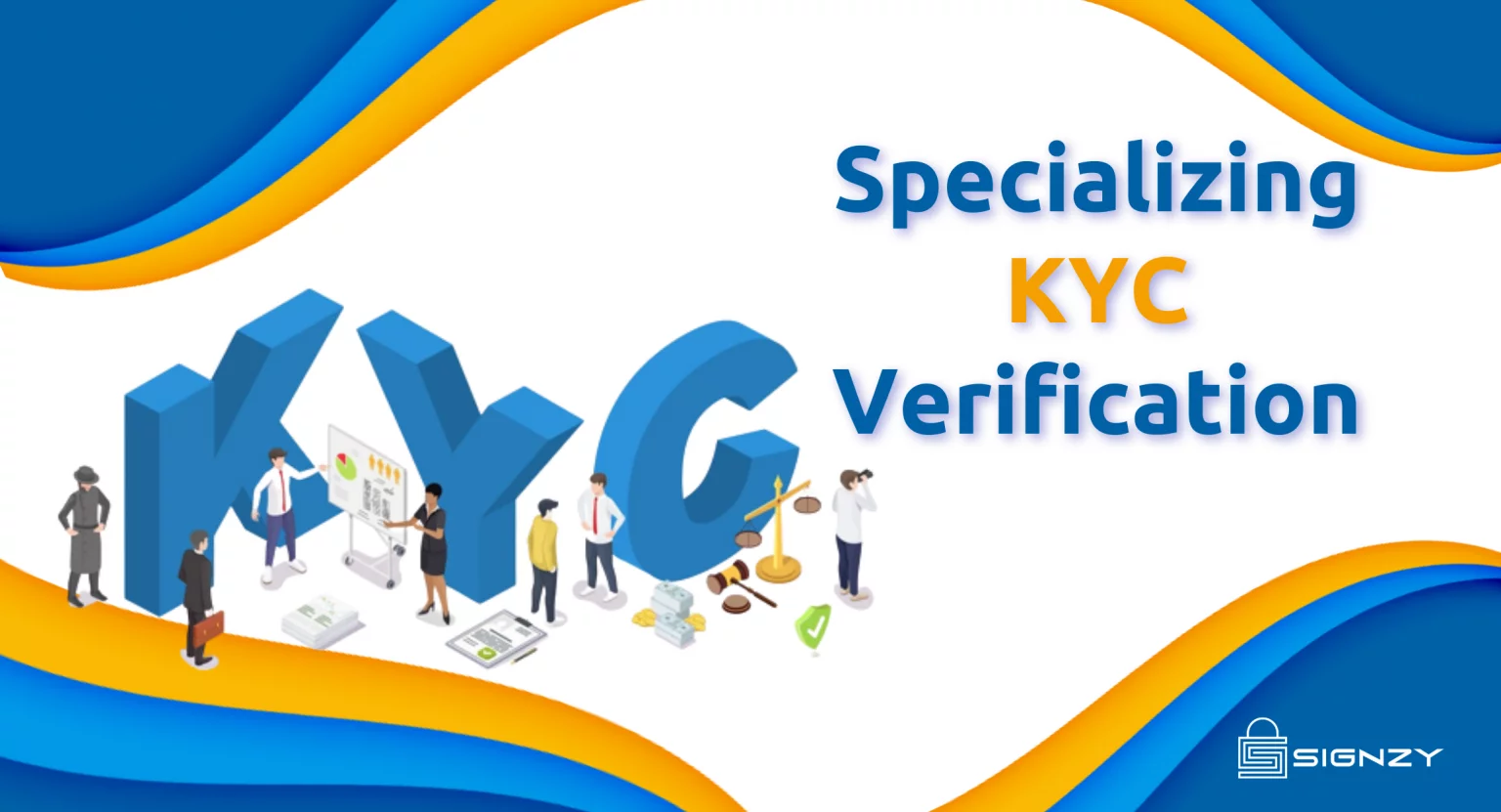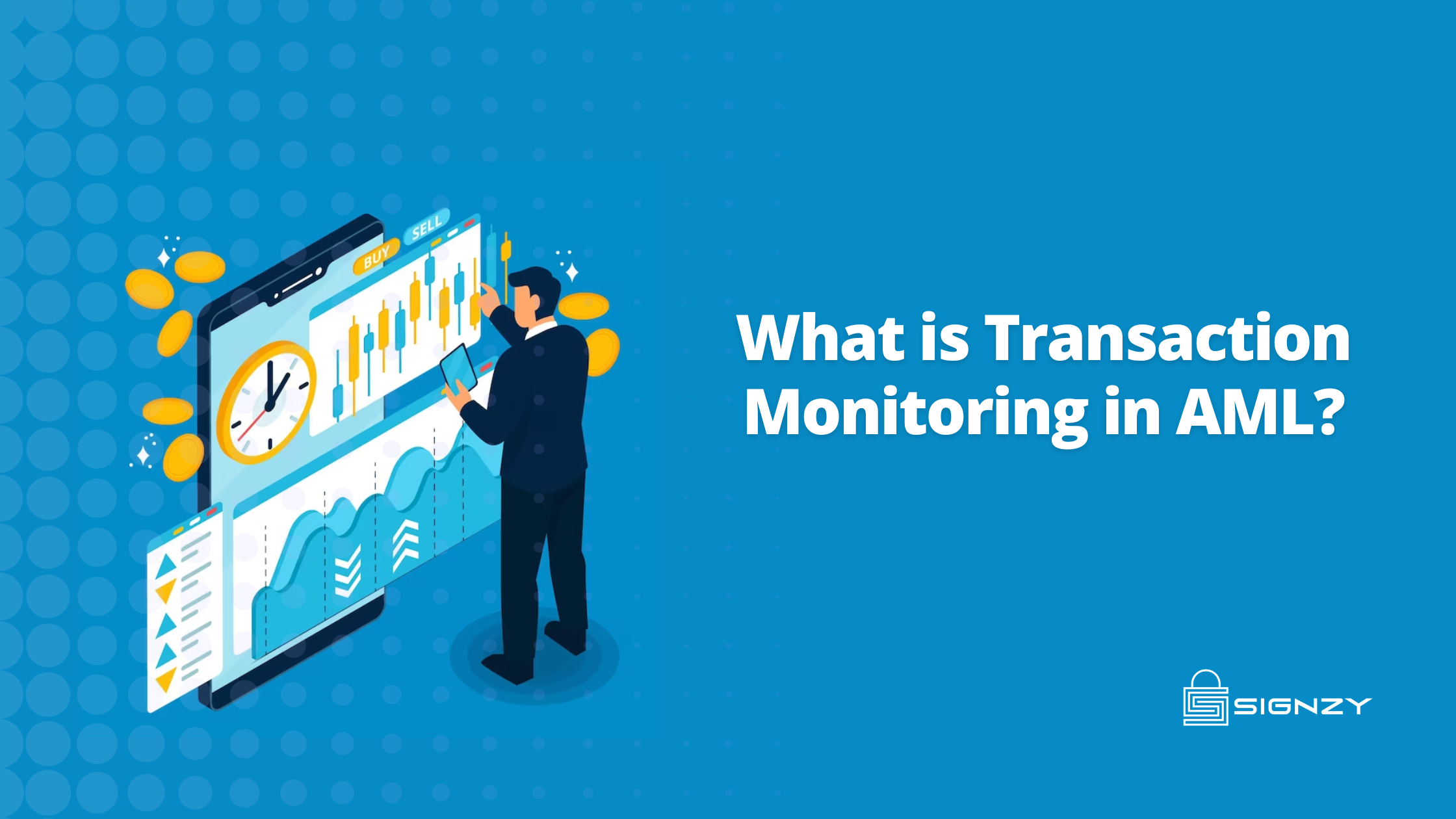AML Registration in UAE: Step-by-Step Process Guide [2025]
April 17, 2025
7 minutes read
- Registration is only mandatory for businesses operating in sectors identified as high-risk for money laundering or terrorism financing, including FIs, DNFBPs, and VASPs.
- The Org ID is a unique identification number assigned to your business once AML registration is approved. It’s required for all future reporting and portal access.
- Businesses can outsource reporting responsibilities to third-party consultants, but both entities must be registered on the goAML portal, and access must be officially granted.
Anything that moves fast needs checks to stay stable.
Financial systems are no different. Without built-in friction, bad money flows just as easily as good money.
That’s what AML registration solves. It slows things down just enough to make illegal activity harder and accountability easier.
In the UAE, this isn’t optional for certain businesses. If you operate in sectors like real estate, precious metals, crypto, or professional services, you’re expected to register, report, and stay alert.
If you want to do AML registration in UAE, grab a cuppa coffee, and let’s go through the entire process, step-by-step.
Understanding AML Registration
AML registration is basically your business getting on record with the UAE government to say you’re following anti-money laundering rules.
In the UAE, AML registration is overseen by the Financial Intelligence Unit (FIU), which runs the goAML platform. Depending on your business type, you might also deal with other authorities like the Central Bank, Ministry of Economy, or Dubai Financial Services Authority.
These bodies make sure you’re not just registered but also actually doing what’s required, like appointing a compliance officer, setting up internal checks, and staying alert to suspicious activity.
Who Must Register for AML in the UAE?
Not every business needs to go through AML registration, but if you deal with money, high-value assets, or client trust, there’s a good chance you’re on the list.
The UAE has clearly defined which sectors are considered high-risk for money laundering or terrorism financing, and these are the ones that need to register on the goAML portal and follow AML rules.
| Category | Examples |
| Financial Institutions (FIs) | Banks, insurance companies, exchange houses |
| Real Estate Sector | Brokers, developers, and agents involved in property transactions |
| Dealers in Precious Metals and Stones (DPMS) | Jewelry businesses, gold, and diamond dealers |
| Virtual Asset Service Providers (VASPs) | Crypto exchanges, digital wallet providers |
| Corporate Service Providers | Businesses offering company formation, nominee director services |
| Legal Professionals | Law firms, notaries (if engaged in financial or asset transactions) |
| Accounting and Audit Firms | Accountants, auditors, tax advisors |
Even if your business doesn’t handle cash directly, offering services that can be used to hide or move money puts you on the radar. If you’re in doubt, it’s safer to assume registration is needed and verify with a compliance expert.
Step-by-Step Guide to the AML Registration Process
Whether you’re setting this up for the first time or helping someone else do it, here’s exactly how it unfolds. The typical AML registration process has seven steps:
Step 1 – Confirm if Registration Applies to Your Business: Start by checking if your company falls under any of the regulated categories from the above table (double-check with a compliance officer). If yes, registration isn’t optional.
Step 2 – Appoint a Compliance Officer and Gather Documents: You’ll need to assign someone as your AML point of contact. Their documents (e.g., passport, visa, Emirates ID, and authorization letter) will be part of the registration file. Also, get your trade license and business ownership info ready.
Step 3 – Complete Pre-Registration via SACM: Before anything goes into the goAML system, you need access. That starts with registering on the SACM (Service Access Control Manager) portal. This step gives you login credentials and sets up your Google Authenticator access for secure sign-in.
Step 4 – Log into goAML and Set Up Your Entity Profile: Once you’re through SACM, head to the goAML portal. Log in using the credentials and two-factor code. Then, complete your organization’s profile, enter business details and compliance officer info, and assign the correct regulatory authority.
Step 5 – Wait for Approval and Receive Org ID: After submission, your application is reviewed by the relevant authority. Once approved, you’ll receive your official goAML Organization ID. This is what links your business to the system for reporting.
Step 6 – Have Your Internal AML Controls Ready: This isn’t something you do after getting approved. You’re expected to already have your AML policy in place (customer checks, transaction monitoring, risk assessments). If regulators ask for it during the process, you should be ready.
Step 7 – Start Reporting: Once fully registered, you can begin reporting suspicious transactions, high-risk dealings, or flagged clients through the goAML portal. You’re officially live and accountable from this point forward.
Every step builds on the last, so skipping ahead or missing a detail can delay your approval. Do it clean, do it right the first time, and your business stays on the right side of UAE compliance.
Key Documents and Information Required for Registration
Before you dive into AML registration, make sure your paperwork’s tight. The authorities won’t even look at your application if basic documents are missing or unclear.
Most of what’s required is standard business documents, but there are a few AML-specific additions you’ll need to prepare upfront.
Here’s what typically needs to be submitted:
- Trade License: A valid commercial or professional license for your business
- Compliance Officer Documents: Copy of passport, Emirates ID, and residence visa of the appointed AML compliance officer
- Authorization Letter: Signed letter authorizing the compliance officer to act on behalf of the company for AML matters
- Organizational Structure: Basic outline of ownership, partners, and business activities
- Contact Details: Accurate email and phone number for official communication
- Google Authenticator Setup: You’ll need to install the app on the compliance officer’s phone for 2FA during goAML access
- Additional Licenses (if applicable): Any sector-specific permits or approvals depending on your business activity
Some authorities may ask for extra stuff depending on your business type, so it’s wise to check before you hit submit.
Now that you ‘shave working knowledge of what’s AML registration in UAE, it process, document requirements, let’s see what can happen if you don’t comply.
Consequences of Non-Compliance
The UAE has zero tolerance for businesses that ignore AML laws, and the penalties aren’t light warnings. They hit hard, both financially and reputationally. Here’s a quick snapshot:
| Violation | Penalty |
| Failure to register on goAML | AED 50,000 to AED 5,000,000 |
| Not appointing a Compliance Officer | Heavy fines + possible business review |
| Delayed or missing STR/SAR submissions | Financial penalty + regulatory scrutiny |
| Incomplete or incorrect documentation | Application rejection or delays |
| Not implementing internal AML controls | License suspension or revocation |
| Repeat or willful violations | Criminal investigation or prosecution |
As you can see, whether it’s missing registration deadlines or failing to report suspicious activity, the fines stack up fast and can even lead to criminal charges.
Ongoing compliance is where most businesses slip, not because they ignore the rules but because manual checks can’t keep up with evolving risks.
That’s where smarter infrastructure helps. Tools that handle KYC verification, PEP screening, and UBO checks in real-time reduce the load without cutting corners. Signzy’s API stack fits right into that layer. It’s built to support compliance teams who want faster onboarding, cleaner records, and fewer gaps in their process.
If staying compliant is a priority, your tech should reflect that.
FAQs
Who needs to register for AML in the UAE?
Businesses in high-risk sectors like real estate, precious metals, auditing, and legal services must register. If you handle client funds or high-value assets, you’re likely required to comply.
Is AML registration a one-time process?
No. Registration must be renewed periodically, and you need to maintain compliance through ongoing reporting, policy updates, and audits.
What happens if I don't register?
Non-registration can lead to fines starting from AED 50,000 and going up to AED 5,000,000. In severe cases, your license could be suspended or revoked.
Can a business owner be the Compliance Officer?
Yes, but only if they have the required knowledge and time to handle AML responsibilities. It’s better to appoint someone fully dedicated to the role.
How long does the AML registration process take?
If all documents are ready and correctly submitted, registration can take a few business days. Delays usually happen due to missing or incorrect documentation.


